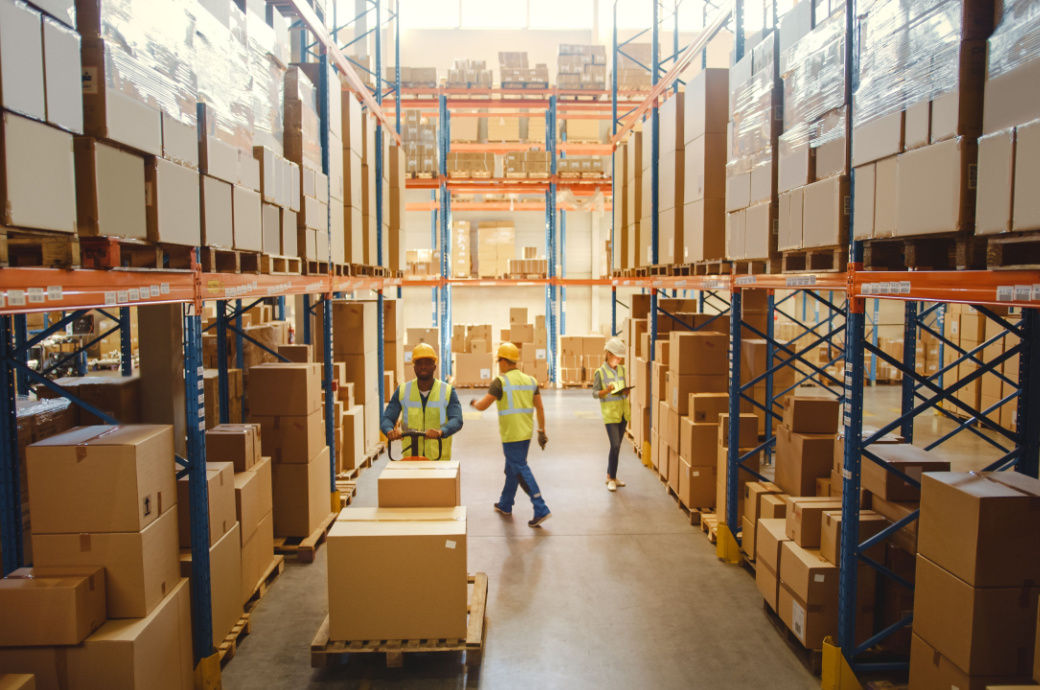
The second biggest inhibitor is legacy mindset and not enough proof of return on investment.
That shortage can be at least partially overcome through the adoption of digital-enabling technologies, such as cloud computing, IoT connectivity, artificial intelligence (AI) and machine-learning (ML) analytics. This adoption is under way, but remains in its early stages, the survey found.
Nearly all the rest—31 per cent—say they are considering or evaluating such a plan. Only 3 per cent say they have no digital transformation strategy.
However, adoption of—and attitude toward—digital transformation is not uniform across the sector, S&P Global said in a release.
The survey results show that digital transformation in shipping and logistics is as varied as the companies adopting it, with different technology projects implemented for different reasons and deployed on a deliberate, informed, use-case-by-use-case basis.
Shippers have the highest percentage of respondents with a digital transformation plan in place (70 per cent), followed by logistics service providers (64 per cent) and carriers (57 per cent).
Cloud computing (40 per cent) is considered the most impactful technology for digital transformation among shipping and logistics firms. This is followed by IoT connectivity technology and AI/ML. At the bottom of the list are edge computing, virtual reality and augmented reality, and autonomous vehicles and robots.
Additionally, nearly all organisations say that they have a primary technology partner for digital transformation. Transportation and logistics software providers are one of the top two most important partners for all sectors. For shippers, the other top-two choice was cloud provider; for logistics service providers, it was supply chain management software provider; for carriers, it was their IoT device or software vendor.
Freight tracking is of prime importance across all interested parties in downstream supply chain operations. Whether labeled ‘real-time tracking’ or ‘cargo tracking’, knowing where deliveries are at every step on the journey is one of the most important digital transformation projects for supply chain companies.
At least half of companies in all sub-sectors have this capability in place, ranging from 59 per cent among logistics service providers to 55 per cent among carriers and 50 per cent among shippers.
Seven in 10 shippers outsource some transportation technology. Perhaps more strikingly, only 2 per cent say they don't outsource transportation technology and have no plans to do so. The balance don't currently outsource, but plan to in the next two years.
Large organisations are much more likely to be outsourcing: 80 per cent of companies with $1 billion or more in revenue are outsourcing, compared with 66 per cent of those with revenue below $1 billion. Geographically, shippers in India are the most likely to be outsourcing transportation technology, at 87 per cent, followed by those in China and Canada.
Transportation carriers are highly focused on reducing delays and accompanying fees. Delivery delays (46 per cent) and fuel costs (39 per cent) are the two biggest problems that transportation carriers are aiming to solve with technology.
When broken down by transportation mode, there is a clear dichotomy in the order of those top two problems. For rail, ocean and air carriers, reducing delays is the top concern (50 per cent), and controlling fuel and other costs comes second (32 per cent).
For truckload and parcel carriers, however, controlling fuel and other costs is top of mind (69 per cent), followed by reducing delays (38 per cent).
S&P Global Market Intelligence’s Mark Fontecchio will present the survey findings at TPMTech on February 23 in Long Beach, California.
ALCHEMPro News Desk (DS)
Receive daily prices and market insights straight to your inbox. Subscribe to AlchemPro Weekly!